|
|
|
Your weekly dose of evidence
|
|
It affects up to one in ten women but until a few years ago, few Australians had ever heard of endometriosis, a condition where tissue similar to the lining of the uterus is found outside the womb.
Some women with endometriosis have pain that starts with or soon after their first period, while other women only realise they have the disease when they struggle with fertility.
There's often a long delay between the first symptoms and diagnosis, partly because the only way to definitely diagnose the disease is with surgery.
Today on Thrive, we look at how endometriosis is diagnosed, treated and perceived, and we bust the long-held myth that pregnancy 'cures' the disease.
|
Fron Jackson-Webb
Senior Health + Medicine Editor/Chief of Staff
|

|
|
|
|

Women with endometriosis need evidence-based information to make informed choices about their treatment.
Timothy Paul Smith
Martin Healey, University of Melbourne; Peter Rogers, University of Melbourne
Endometriosis is cut or vaporised with an electric current or laser. It ranges from a simple, 20 minute operation to complex surgery involving important organs such as the bowel and bladder.
|
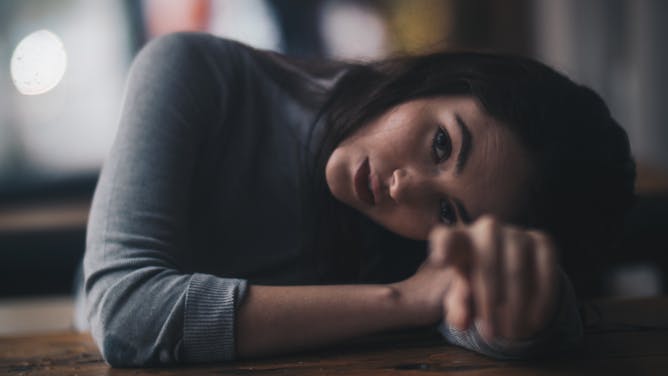
Endometriosis can cause a number of symptoms, including pain during sex and pelvic pain outside of the period cycle.
Jon Ly
Mike Armour, Western Sydney University; Jane Chalmers, Western Sydney University; Melissa Parker, ACT Health
Endometriosis can cause a number of severe symptoms, including period pain. But painful periods alone aren't a surefire indicator of endometriosis. Here's what else to look out for.
|
From the archives
|
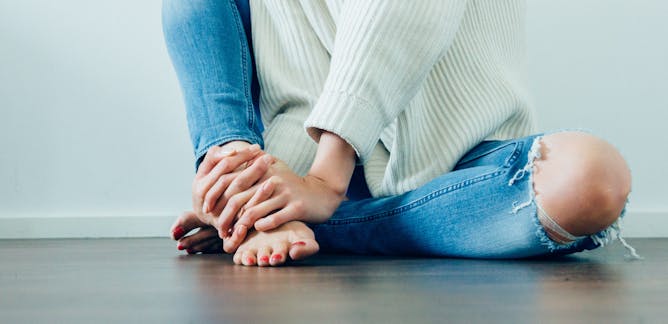
Peter Rogers, University of Melbourne; Martin Healey, University of Melbourne; Premila Paiva, University of Melbourne
Many women are prescribed the pill without a definitive diagnosis of endometriosis.
| |
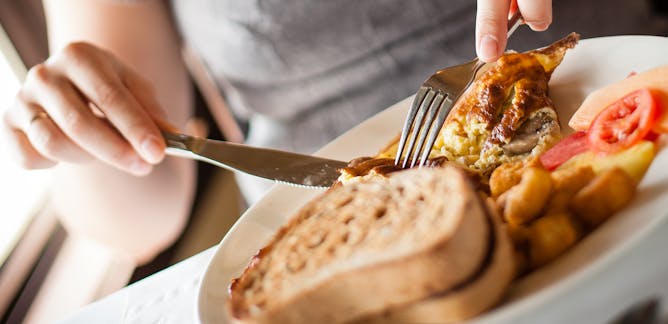
Elisabeth Gasparini, The Royal Women's Hospital
There's some logic in eating and avoiding certain foods if you have endometriosis. And there are some studies that confirm this logic, but then others seem to refute it. And everyone is unique too.
|
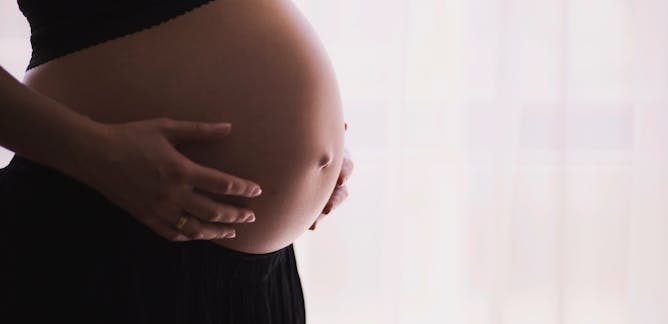
Mike Armour, Western Sydney University
Pregnancy is often mentioned as a treatment or a 'cure' for endometriosis. Pregnancy may suppress the symptoms of endometriosis, but it is not a cure.
| |
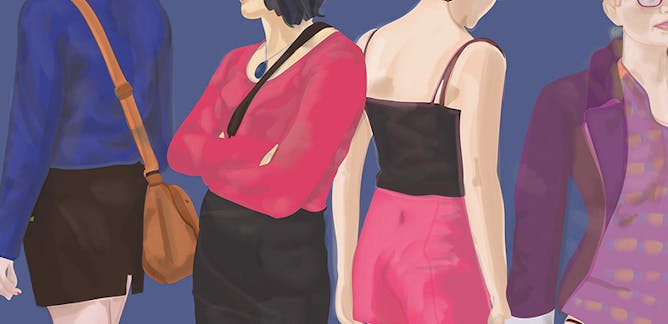
Kate Young, Monash University; Jane Fisher, Monash University; Maggie Kirkman, Monash University
Women with endometriosis say it affects their whole life, but they receive little support for managing this condition, which doesn't have a cure or a treatment regime without nasty side effects.
|
|
|
Sound and colour
|
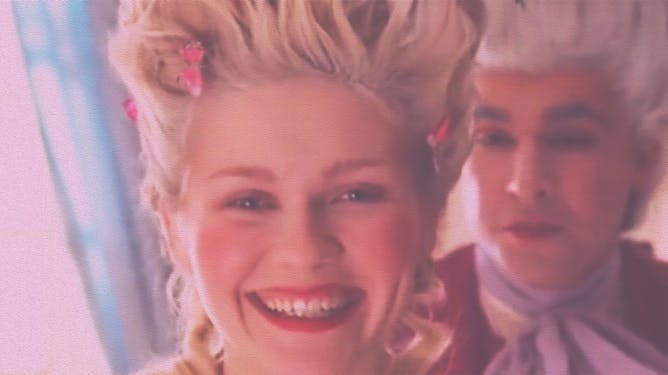
Still from 'Marie Antoinette' (2006)
Bruce Isaacs, University of Sydney
While Sofia Coppola's Marie Antoinette may not be faithful to historical events, the film is a rhythmic, impressionistic and comical retelling of the young queen's life by a sophisticated filmmaker.
|

Growing Up Aboriginal in Australia is a compilation of 52 essays from First Nations authors, some of whom have never been published before.
Rounak Amini/AAP
Jacinta Elston, Monash University
Author Anita Heiss speaks with Professor Jacinta Elston about her new anthology of essays from First Nations writers spanning the breadth of Australian society.
|
Expert answers to serious, weird and wacky questions
|
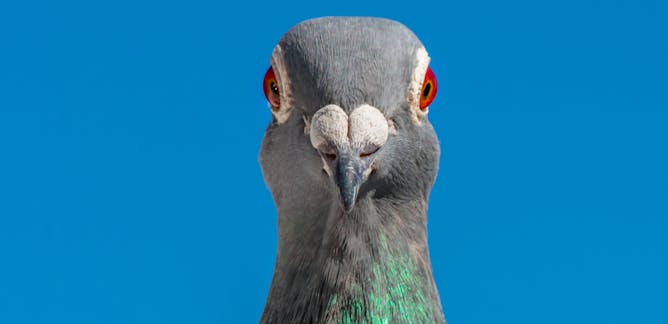
Hazel Jackson, University of Kent
Not all birds have eyes on the sides of their heads – but even those that do can see straight in front of them.
| |
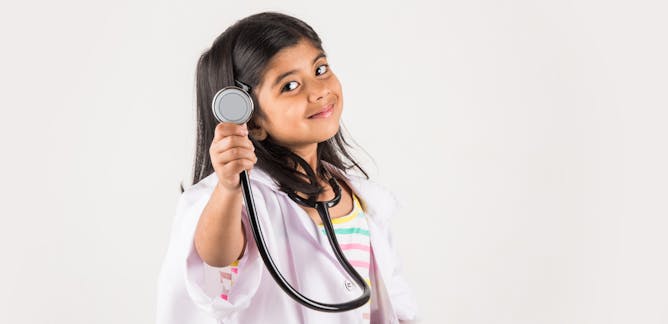
Adam Taylor, Lancaster University
We don't control our heart – it's an involuntary muscle – but special pacemaker cells help keep it ticking away.
|
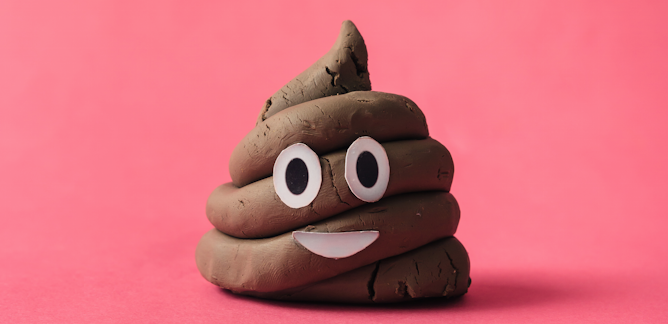
Alexandra Hansen, The Conversation
All experts agreed there's nothing to worry about if you don't go every day.
| |

Duane Mellor, Coventry University; Nenad Naumovski, University of Canberra
Don't believe the hype – tomatoes are not trying to stop you from eating them with poison.
|
|
|
|
|
| |
Featured jobs
|

|
La Trobe University — Miami, Oklahoma
|

|
University of Melbourne — Melbourne, Victoria
|

|
RMIT University — Melbourne, Victoria
|

|
Deakin University — Melbourne, Victoria
|
|
|
|
| |
| |
| |

|
| |
| |
| |
Featured events
|

|
TBC, Melbourne, Victoria, 3000, Australia — Australia New Zealand School of Government
|

|
Monash University Law Chambers, 555 Lonsdale St, Melbourne, Victoria, 3000, Australia — Monash University
|

|
14-28 Ultimo Road, Ultimo, New South Wales, 2007, Australia — University of Technology Sydney
|

|
State Library Theatrette, Enter via Entry 3, 179 La Trobe Street, Melbourne, Victoria, 3000, Australia — La Trobe University
|
|
|
|
| |
| |
| |
| |
| |
|
|
|
|
|
|
|